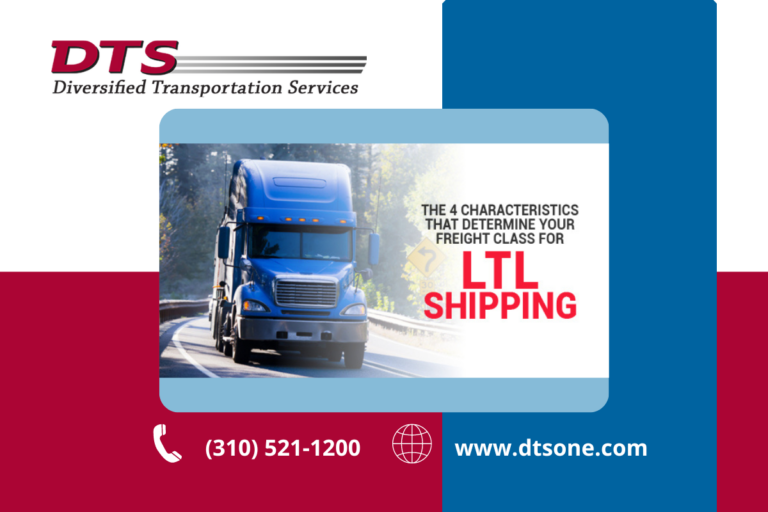
The National Motor Freight Classification (NMFC) sets the standard for classifying freight for LTL freight companies based on four characteristics, which are density, stowability, handling, and liability. These commodities are grouped into one of 18 different freight classes that range from 50 to 500. Classes include things like specialty freight, expedited freight, oversize freight, overweight freight, etc.
Here is a brief explanation of the four factors used to determine freight class:
The density is known as the space the item will occupy with its weight. Density is determined by dividing the mass of an object by its volume in cubic feet. To calculate volume, you must multiply the length by the width and the height, and then divide by 1,728 as long as you measure everything in inches. Then, divide the weight by the volume. To accurately calculate the density of your shipment, all packaging and materials must be factored into the calculation.
This refers to how easily the freight can be loaded, stored, and stacked on the truck. It's expected that most freight should easily be stored on the train, ship, or truck, but some products are more difficult to stow. For example, overweight freight, hazardous materials, fragile pieces, or oddly shaped objects will require some type of special treatment.
Handling is very similar to stowability in that it involves the ease or difficulty of handling certain shipments. Again, less than truckload shipments that are heavy, hazardous, fragile, or oddly shaped will need special attention.
Finally, liability refers to the probability of your freight being damaged, stolen, or otherwise mishandled in some way. Freight that is prone to explosions, spontaneous combustion, perishing, or breaking will carry a higher liability.
The less-than-truckload (LTL) market is estimated at roughly $35 billion, and part of that could be due to the variety of shipping classes offered. When it comes to determining the class for LTL shipping services, these four characteristics help determine whether the shipment is specialty freight, expedited freight, overweight freight, and more, as well as the class number.
Whether you're a company looking to improve one facet of your supply chain, your entire supply chain, or simply looking for a transportation and logistics consultation, we can help.